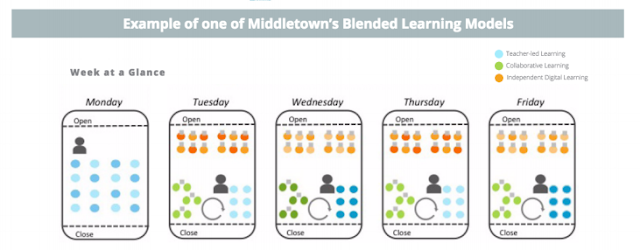Online Learning
💖 Online Learning. 👉 Online learning games are known as webpages that helps the students to learn an internationally recognized qualification without needing to attend classes on campus. Online programs are of equal value to on-campus programs in terms of entry criteria and overall workload. The only difference is in the way the course is delivered. As an online learning student, you will: 😄 Earn an internationally recognized degree in universities or colleges 😄 B e able to study anywhere that has an internet connection. 😄 Have the flexibility to study when it's most convenient for you. 😄 B e taught by academics working at the leading edge of your field. 😄 B ecome part of a rich and varied online community. 😄 H ave access to universities, schools or colleges support services. Variety of platforms can be used to deliver content and allow you to interact with other students. Platforms may include one or more of the following: 💜 Virtual learning e


